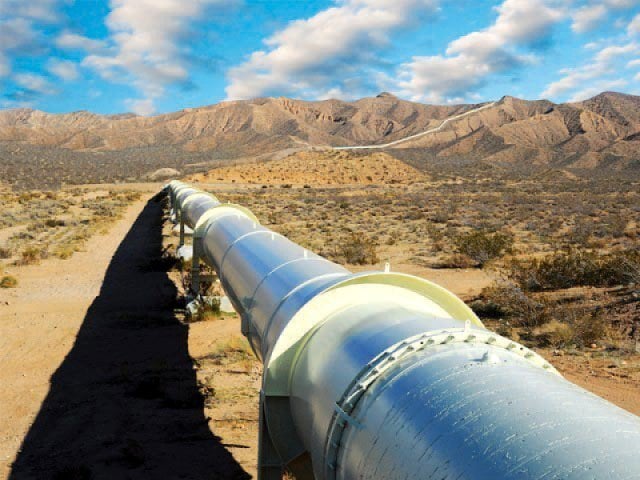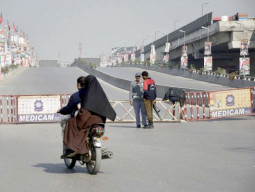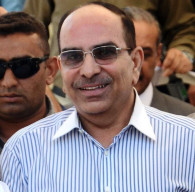
In a letter sent to Petroleum and Natural Resources Minister Shahid Khaqan Abbasi, US Agency for International Development (USAID) Pakistan Mission Director Jon P Groarke announced the conclusion of its energy policy programme on January 30 this year.
He pointed out that assistance was provided to Pakistan in the competitive bidding process for selecting and awarding an LNG terminal contract to private-sector developers under tolling arrangements.
USAID also provided legal and commercial support for LNG procurement from international markets and implementation support to Port Qasim where the fast-track LNG terminal was located.
He also highlighted the support extended for policy, regulatory and organisational reforms, development of standard operating procedures and the implementation support for improved governance and regulation. In the area of shale gas, he pointed out that a study was conducted for assessment of potential resources, applicable technology for extraction, infrastructure requirements, environmental risks, regulatory measures and production cost estimates in order to chart a way forward for exploitation.
In its report, USAID says around 80% of domestic oil demand in Pakistan was met by imports comprising crude oil for refineries and refined petroleum products valuing $15 billion in fiscal year 2013-14.
At the same time, domestic production of 4 billion cubic feet of natural gas per day (bcfd) falls short of the demand that exceeds 6 bcfd.
Though discoveries have been made recently in northern parts of the country, production from major existing conventional gas fields is declining, which can cause shortages, seriously affecting the country’s ability to reach economic targets.
According to the report, gas supplies are critical to sustainability and growth of the power sector. With the exception of 4,000-megawatt oil-based power production capacity, around 11,000MW of thermal power capacity is gas based with diesel and furnace oil as alternative fuels.
Gas-based generation offers higher efficiency with higher utilisation rates and allows a steady state rather than seasonal availability as in the case of hydroelectric power.
However, gas supplies to the power sector during fiscal year 2013-14 averaged around 1 bcfd supporting only half of the gas-based power generation capacity. Part of the gas deficit has been met by imports of more expensive furnace oil and diesel.
An additional 3,600MW of dual-fired thermal generation is planned for the medium term, which will require additional fuel. Therefore, there is a huge potential and need for an increase in gas supplies to the power sector.
Published in The Express Tribune, February 2nd, 2016.
Like Business on Facebook, follow @TribuneBiz on Twitter to stay informed and join in the conversation.


1736677459-0/diddy-(2)1736677459-0-165x106.webp)

1736672726-0/tommyinnit-dream-(2)1736672726-0-165x106.webp)






1736508423-0/Express-Tribune---News-Desk-(9)1736508423-0-270x192.webp)


1736495887-0/sidra--(63)1736495887-0-270x192.webp)








COMMENTS (1)
Comments are moderated and generally will be posted if they are on-topic and not abusive.
For more information, please see our Comments FAQ